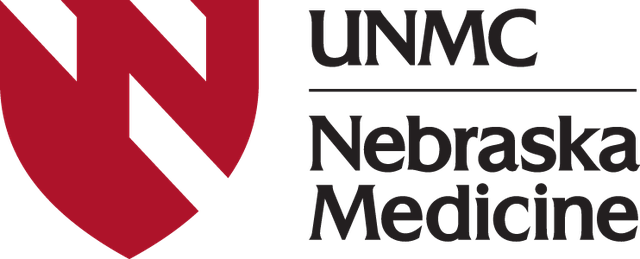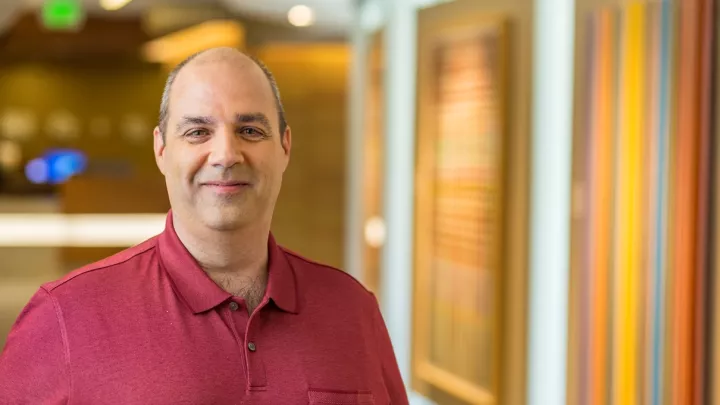Using the power of the gut to fight cancer

Shaping and reprograming a person’s microbiome to boost the body’s ability to fight cancer is a new pilot study ongoing at Nebraska Medicine.
The random, double-blinded controlled trial gives multiple myeloma and lymphoma patients undergoing autologous bone marrow and stem cell transplant a natural prebiotic supplement to improve the gut microbiome.
The gut microbiome is a community of millions of microorganisms including bacteria, fungi and other microbes. It helps with digestion, metabolism, brain health and immune function. A prebiotic is a plant fiber or supplement nourishing healthy bacteria or probiotics in the gut.
“There’s a growing interest in the gut microbiome and its ability to prime the immune system to work harder,” says Christopher D’Angelo, MD, hematologist and principal investigator for the study. “We’re seeing evidence that cancer patients who have a healthier and more diverse number of species in their gut microbiome may respond better to immune therapies while those with less diverse microbiomes do worse.”
“Prebiotics can stimulate growth and activity of various bacteria, creating a larger, more active pool that we think can ultimately stimulate the immune system, explains Dr. D’Angelo. “This, in turn, may translate into better cancer outcomes.”
The study’s goal is to better define the power of the microbiome. “It is a targeted trial to reshape the microbiome to make it work even harder,” Dr. D’Angelo says.
The therapy offers other benefits to patients. “Cancer takes control away from people’s lives,” notes Dr. D’Angelo. “This is an exciting, supportive and sustainable therapy because it’s a low-cost, low-toxicity natural supplement that can put control back into their lives,” says Dr. D’Angelo. “It’s something they can do through their diet to take a more active role in their treatment.”
The trial is currently enrolling participants and will extend through 2023. “The goal is to enroll 30 patients,” Dr. D’Angelo says. “Bone marrow and stem cell transplants are hard on the body, so we want to start slow to make sure we don’t cause any harm.”
The use of immune therapies, meaning they use the power of your immune system to fight cancer, is a growing trend. “This is an exciting time in cancer treatment because new therapies are evolving at a very fast pace,” says Dr. D’Angelo. “With these emerging therapies, we hope to learn how the microbiome can be enhanced or targeted in combination to make immune therapies work even better.”
If the study shows promise, Dr. D’Angelo says he sees the potential to expand trials to other types of cancer.
To learn more about our cancer clinical trial opportunities, visit NebraskaMed.com/Cancer/Trials.







